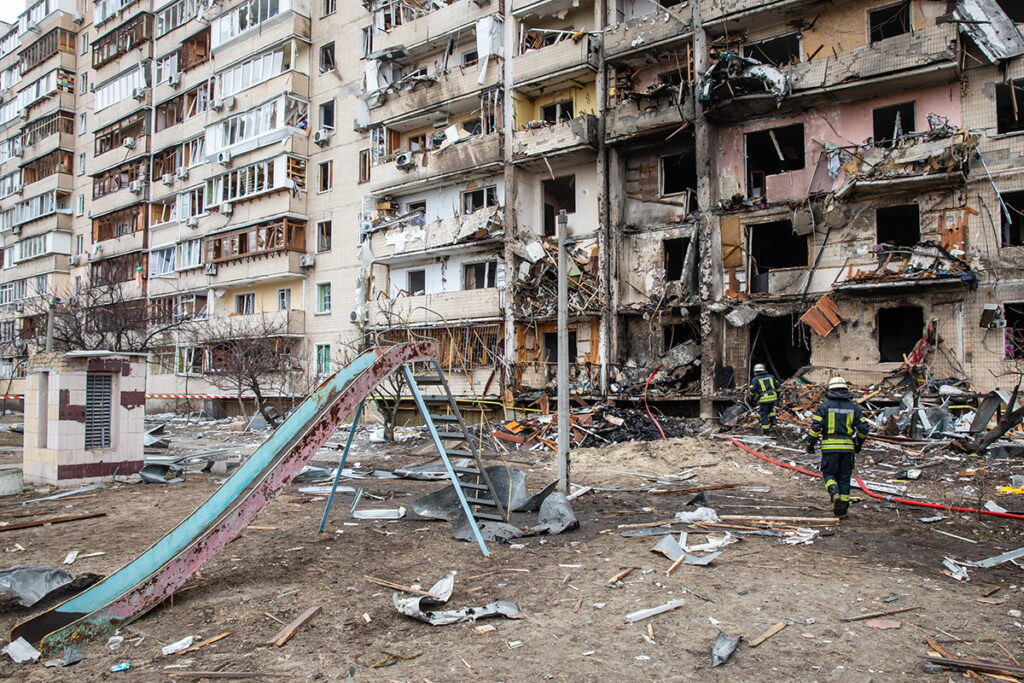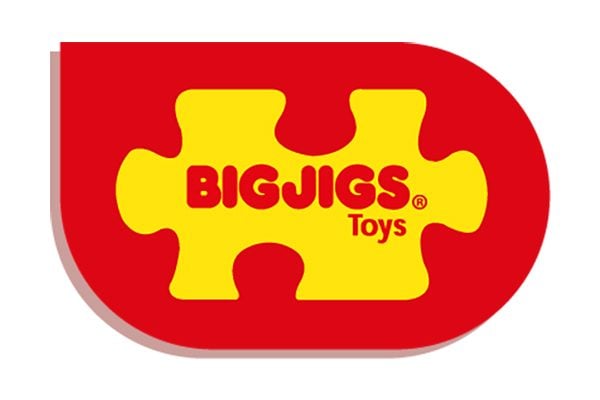Today, Ferghal O’Carroll, CFO of Scurri, examines the impact oft the Russian/Ukrainian conflict on the global supply chain:
Putin’s War: Impact not only being felt in the Ukraine
It is no secret to anyone, experts and regular consumers alike, that the global supply chain has been hit with a huge variety of issues over the span of the last few years. Many retailers had begun to see a light at the end of the tunnel with the removal of various Covid-19 restrictions worldwide and the strain the pandemic had placed on the supply chain stood a chance of easing. However, the stakes have been raised again by a new threat, as Russian tropes started to invade Ukraine. The impact of this war looks to create numerous issues for countries worldwide and their supply chains, including the UK and Western countries.
The situation is complex – not only will global materials and products be limited, they may be delayed or completely inaccessible via the standard supply chain route. Over the course of the last few weeks we have witnessed many factories across the two countries deciding to halt operations due to the conflict, resulting in mass production decreases for certain goods. Companies globally have been warned that transport routes will be closed off, with shipping and airspace both taking a hit. We have seen major companies, such as FedEx and UPS, suspend international operations in both involved countries, Ukraine and Russia, while many countries are looking to strengthen the control of their trading processes.
Furthering concerns for global shortages of vehicles and semiconductor computer chips
There are mounting concerns for the shortage of goods globally, in addition to essential components in the production of other goods – such as platinum, aluminium, sunflower oil and steel. The lack of these materials runs the risk of exacerbating global shortages of vehicles and semiconductor computer chips, which had not made a full recovery post-pandemic, in addition to a string of factory closures as a result of energy quotas late last year.
Another product that has major worries surrounding it by experts, is the predicted shortage of essential raw materials for computer chips, which would have widespread impact across multiple sectors globally. Both countries involved, Russia and Ukraine, have been two of the major sources of neon gas, which can be used to feed lasers that print circuitry onto the computer chips. They also supply palladium, which is a metal employed in later manufacturing processes.
Impact on all citizens – retailers and consumers alike
Gas, petrol, fuel and diesel prices all have continued to be hiked up, with outrage and annoyance visible by all citizens and motorists in recent weeks. Across the UK and beyond, families are facing the new challenge of a higher cost of living, with government ministers being asked to intervene and reduce the mounting costs if at all possible.
Another sector that looks to further strain consumers and increase the cost of living is food and agriculture. As ports continue to close, those along the Black Sea have been shut off – resulting in the blockage of the world’s fifth largest wheat exporter. As a result, this area looks to also send prices soaring. It is believed that grain exports from Ukraine and Russia account for 12% of the world’s caloric intake. The results of this disruption will ripple across the UK and Europe but also may have disastrous implications for those from less fortunate countries as this crisis continues. While the UK and other Western countries will see a gradual and slight increase in products such as bread and flour, populations who rely primarily on wheat products will be notably impacted.
The limited supply of highly demanded goods will lead to a sharp rise in shipping costs, leaving many retailers no choice but to further boost up their prices to offset these increasing costs. Even prior to the events of the last few weeks, it had been predicted that shipping costs would rise by 30% this year and this is a further spanner thrown into a complex set of works. What goods that there are will be expensive to transport is the bottomline. Additionally, there has been rerouting of standard routes as Ukraine’s shipyards and main ports are devoid of incoming orders or deliveries, further complicating the situation and causing possible delays.
This is just be the beginning: potential for further sanctions to come and what this may mean
There, unfortunately, does not seem to be any sign of these issues being exhausted in the short-term. Russia does not look to be backing down and this may only be the introduction of a long list of sanctions imposed by the West. What has become clear is our reliance in the past on essential goods such as wheat, gas and metals – and while Putin may have sought out to cause damage to Ukraine, his actions have left a ripple effect globally for the supply chain, retailers and consumers.
It may be the case of ‘it gets worse before it gets better’ – a phrase many in the retailing business will be tired of hearing following the tumultuous last few years. For UK retailers and consumers, there has been the additional complication of Brexit on trade, coupled with the dealing of the COVID-19 crisis and widespread resulting issues. There seems to be little sign of returning to business as usual at any stage soon and retailers must all look to best combat against the supply shortages and cost increases that seem inevitable, even in this unpredictable period.









